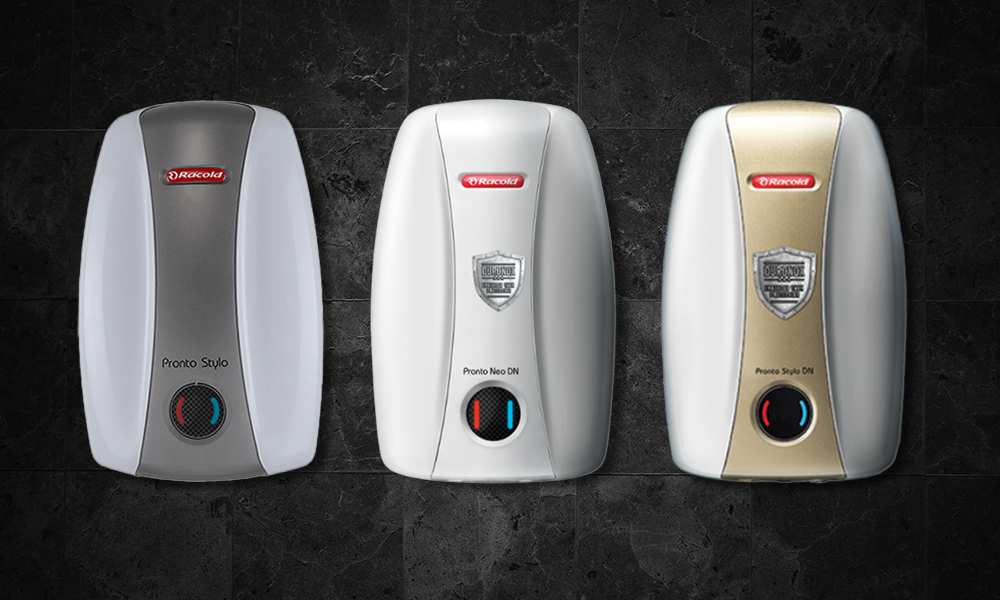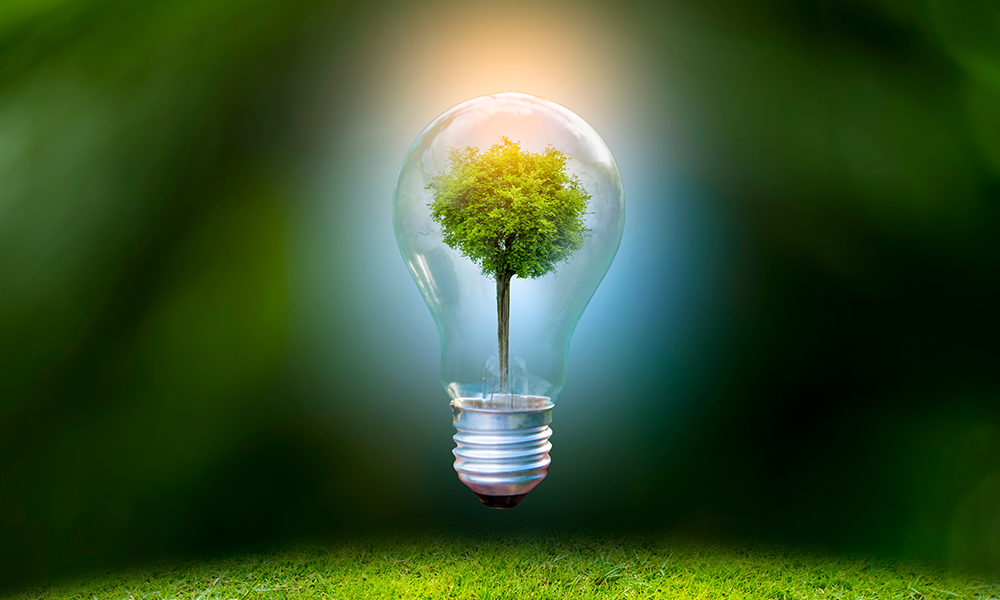While buying a water heater, one of the most important decisions that you will need to make is regarding the type of geyser. Broadly speaking, there are four types of geysers – Electric geysers, gas geysers, solar geysers, and heat pump water heaters. Out of these geysers, we’ll help you differentiate between electric and solar geysers.
In this blog, we will draw comparisons between electric and solar water heaters so you get a comprehensive understanding of both. This will help you make an informed choice as per your needs.
Table of Contents
Introduction to Electric water heaters
As the name suggests, electric water heaters utilize electricity to heat water. These geysers are widely popular as they offer convenience, safety, and efficiency. However, the best thing about electric water heaters is that they can supply hot water instantly.
Electric water heaters are further classified into storage and instant water heaters. Storage water heaters are bigger units that can store hot water for long durations. On the other hand, electric instant water heaters are compact units that are suitable for small families or individuals.

Introduction to Solar water heaters
Solar water heaters are a huge step towards a greener lifestyle. They, as the name suggests, use solar energy to heat water. Broadly speaking, solar water heaters are available in two different categories namely, Evacuated tube collector and Flat plate collector.
Flat plate collectors employ a metallic sheet called fins. They are made up of aluminium or copper to absorb the radiations of the sun. On the other hand, evacuated tube collectors contain a special coating to absorb the radiation from the sun. In between two glass tubes, a vacuum is created to prevent heat loss.

Difference between electric and solar geysers
Heating efficiency
Electric water heaters supply hot water without any delay irrespective of the season or the prevailing weather conditions. In fact, some Racold water heaters are equipped with a fast-heating element that provides you with 33 percent* faster heating.
*Applicable on water heaters with 3kW heating element. 33% faster heating as compared to a regular 2kW heating element
In the case of solar water heaters, the heating efficiency depends on climatic conditions. They may not be able to supply hot water on cloudy days or in case of diffused sunlight.
Size and Installation
Electric water heaters are small units, occupy less space, and are very easy and quick to install.
Solar water heaters are bulky units that come with large components like tank, solar radiation collectors, and pipes. The installation involves plumbing and fabrication work.
Energy efficiency
Electric water heaters come in different capacities and with varying efficiency levels. The consumption of electricity depends upon the capacity of the heating element and its technical configuration. Geysers with higher energy efficiency ensure lesser electricity consumption and lower bills. Our Omnis Wi-Fi geyser helps save energy through personalized showers and temperature optimization. Owing to its energy efficiency, it has also been given a five-star rating by the BEE (Bureau of Energy Efficiency).
Solar water heaters primarily utilize sun’s radiation to heat water. Hence, they contribute maximum to your savings. With our Alpha Pro solar geyser, you can generate up to 80 percent* savings. It is equipped with a high energy absorption vacuum tube that ensures higher energy efficiency.

Costs
Electric water heaters are cost-effective. They are available at a reasonable price and their energy-saving features may further help you bring down the electricity bills.
Solar water heaters require a slightly higher amount of initial investment due to added cost of installation and plumbing. However, they entail negligible costs of operation.

Durability
The lifespan of an electric geyser depends on various factors like regular maintenance, water quality, and various others. But on an average, electric geysers have a lifespan of more than 10 years*. With our Omnis range of storage geysers, you get a warranty of seven years on the inner tank. Thus, you need not worry about its longevity.
(*Subject to water quality and hardness. The hardness of the water used in the geyser should not be more than 300 ppm)
Solar water heaters have a lifespan of over 10 years*. The lifespan of a solar water heater also depends on various factors like regular maintenance, water quality, and various others. Our Omega Max 8 solar geyser has a specially treated Duronox tank and a rustproof body to protect the tank from corrosion and ensure greater durability.
Which is better – Solar or electric geyser?
While both the geysers work efficiently in their own ways, depending on the size of your house and the application, you must decide which one works best for you.
Solar water heaters are widely used for domestic as well as commercial purposes. They are popularly used in hotels, hospitals, hostels, and bungalows.
While solar geysers are energy-saving, they require a rooftop for the installation, which may not be available in an apartment. So, if you live in a metropolitan city, an electric geyser would be more suitable for you.
Whether you are looking for an electric geyser or a solar water heater, at Racold we offer a wide range of geysers under both types. Visit our website to check them out now. https://www.racold.com/



